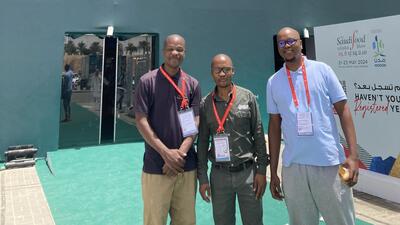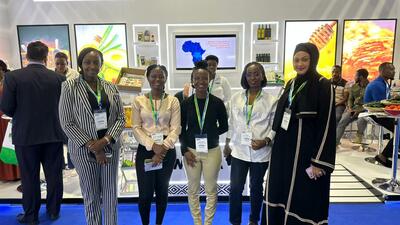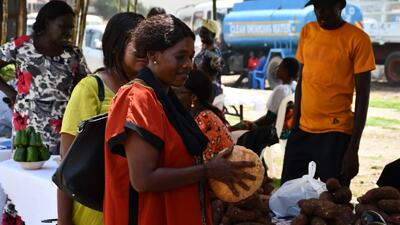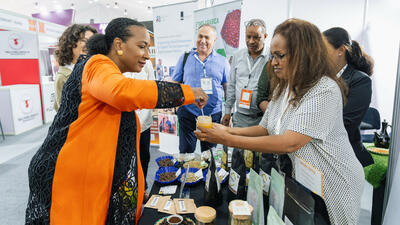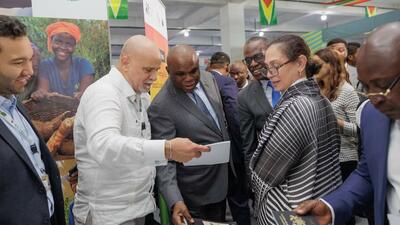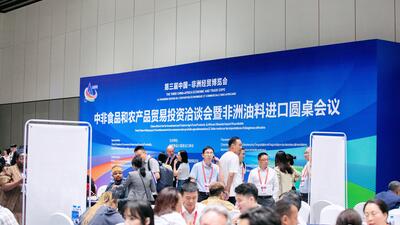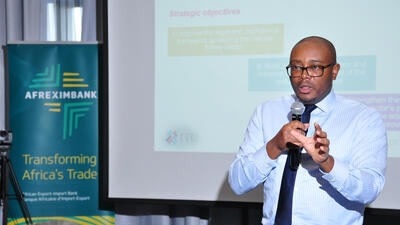News brief
ASEAN ministers call for reduction in obstacles to trade
Members of the Association of Southeast Asian Nations (ASEAN) have been urged to reduce obstacles to trade and ensure a free flow of trade in the region. The 44th ASEAN Economic Ministers Meeting held in August 2012 in Siem Riep, Cambodia, raised concerns about intraregional trade as rising numbers of non-tariff measures (NTMs) could hamper trade liberalization. It also called for ASEAN countries to jointly set up a single, region-wide set of standards for trade similar to those applied in the European Union. ASEAN Secretary-General Surin Pitsuwan said only 25% of ASEAN’s worldwide trade is carried out within the region and suggested member countries should encourage more regional trade and investment, particularly among small- and medium-sized enterprises. With tariffs already reduced to almost zero under the ASEAN Free Trade Agreement, this could be achieved by reducing obstacles to trade such as NTMs. Members at the meeting noted that without limitations on obstacles to trade, ASEAN will not reach its regional trade liberalization targets.
WTO reports rising G-20 trade restrictions
The World Trade Organization (WTO) has warned G-20 countries that they must redouble their efforts to resist protectionist pressures and take active steps to keep markets open and advance trade liberalization. In its seventh Report on G-20Trade Measures, which studied the period from mid-October 2011 to mid-May 2012 and was published on 31 May 2012, the WTO notes no slowdown in the imposition of new trade restricting measures by G-20 economies in the timeframe under review. The report states that during those seven months, some 124 new trade restrictive measures were recorded. These new measures add to trade restrictions put in place since the outbreak of the global financial crisis in 2008, an accumulation of trade restrictions aggravated by a recent slowdown in the removal of existing measures. Describing these trade restrictions as ‘a matter of concern’, the report warns: ‘Some governments are facing particularly difficult economic conditions domestically; they must resist the temptation to move towards more nationalistic and inward-looking policies. This kind of policy will not solve their problems and they risk generating tit-for-tat reactions by their trading partners.’
OECD recommends measures to boost fisheries
Governments planning to boost their fisheries sector should review policies and create incentives for economically and environmentally sustainable fisheries. According to Rebuilding Fisheries: The Way Forward, a report by the Organisation for Economic Co-operation and Development (OECD), while many of the world’s fisheries are in poor condition, rights-based management (RBM) measures, including catch quotas and property rights, can act as economic incentives and support ecological goals such as replenishing fishing stocks. The report was introduced in July 2012 during OECD Day at EXPO 2012 in Yeosu, Korea. It outlines the importance of fisheries and aquaculture to the global economy, and notes that fishery products are the most traded food commodity in the world and sustain millions of jobs in developed and developing countries. Recognizing uncertainty in the sector caused by increasing demand for food and pressure on natural resources, the report calls for dialogue between fishers, managers and other stakeholders to support rebuilding plans and overcome resistance to RBM proposals. It also sets down recommendations for policymakers ranging from defining objectives, targets, harvest control rules and assessment indicators to taking into account by-catch and discards.
Economists propose introduction of right to trade
Columbia University Professor and Nobel Laureate Joseph Stiglitz and London School of Economics Economist Andrew Charlton reiterated their proposal that the World Trade Organization (WTO) integrate a right to trade in its dispute settlement system at a roundtable discussion hosted by the Commonwealth Secretariat in London in August 2012. The economists contend that a right to trade mechanism could rebalance the global trading system and make trade work for poor people. Using the right to trade concept, developing countries would be able to bring action against an advanced country when a trade or trade-related policy affected poor people or their ability to trade. Remedies would include elimination of or change to an offending policy or bilateral sanctions. The right to trade would be complemented by a Global Trade Facility funded by advanced countries and administered by the United Nations Conference on Trade and Development. The facility would provide resources to support developing countries’ actions under the WTO dispute settlement system and fund Aid for Trade assisting countries to help those countries maximize the benefits of new market access won through the system.






